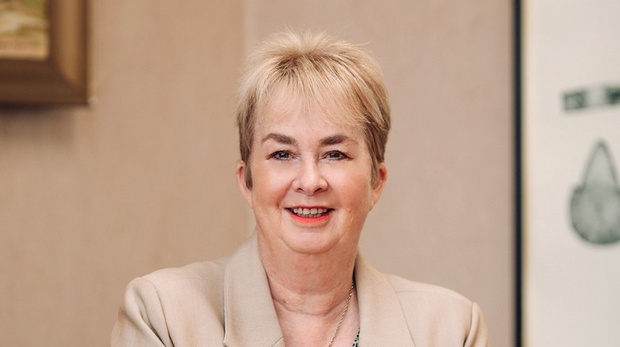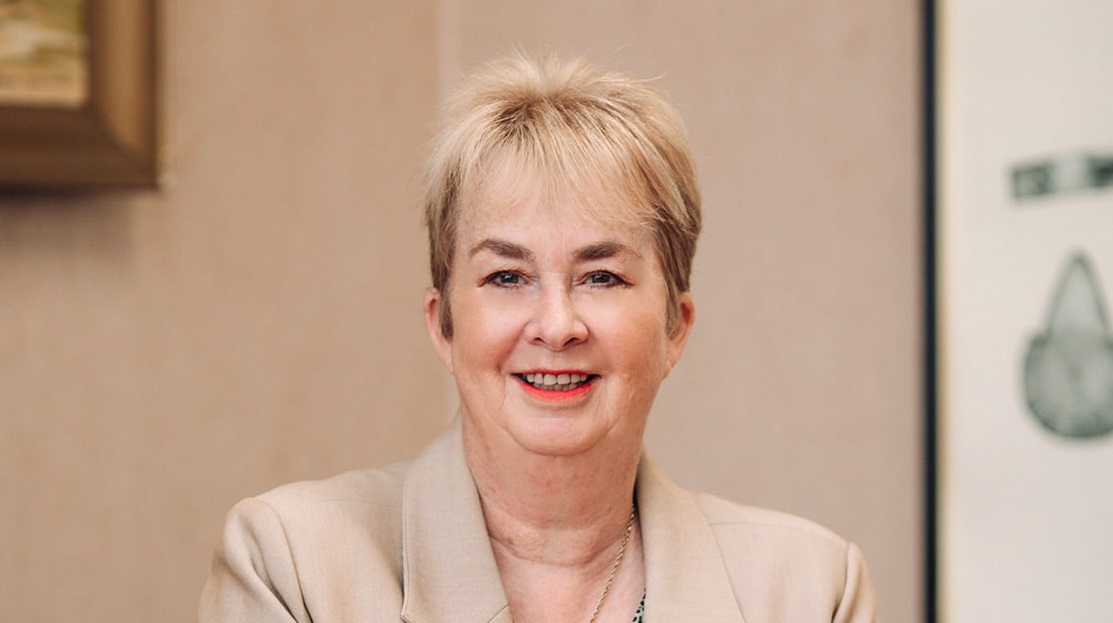The plan, which has been called “ambitious”, is comprised of 49 actions, including banning the use of cellphones in school and mandating an hour of reading, writing and maths per day. So how will these policies affect things at the coal face? In this the second of our two-part series we chat to Yvonne Browning MNZM, principal of Southland Girls' High School (pictured above) who says there will be some big changes this year, some positive and others concerning.
Hi Yvonne, can you paint me a picture of your first 100 days of the school year, what do they look like?
Well, the start of every year is about setting expectations for staff and students, inducting all the new students... making sure that they’ve got buddies and all that sort of thing, that’s quite a critical one, really.
Then there’s analysis of data, to make sure that the plans for this year reflect what happened last year.
There’s also the new Government’s strategic plan, procedures that we have to adopt and then we’ve got to put an implementation plan in. The new Government policies, particularly the one around cellphones and one hour a day for reading, writing and maths, that’s probably the first four weeks worth and then there’ll be other things that come up.
What are some goals you’ll be working towards this year?
Well, we’ve got three goals. I can't tell you what the actions are, because we don’t do them until the second week of Feb, but our major goals are inclusiveness and wellbeing, work around Te Tiriti o Waitangi, and that includes Te Ao, Tikanga, incorporating Mātauranga Māori in our curriculum and our third goal is Academic Achievement. So there’s a whole lot of strategies to make sure academic achievement stays to a high level. So those are the three goals.
How do you anticipate the change in government will affect you at the coalface?
Probably the big one will be the cellphone policy, that’s the big change.
Another one is incorporating the hour a day of reading, writing and maths [for students in Year 1 to Year 8]. Because we’re a Year 7 to 13 school and we’ve got 7s and 8s on the same site, it may be that we haven’t quite met that [as yet]. So there’s quite a lot of revision of units of work, and there’s going to be quite a lot of requests of staff who might be senior teachers, but teach in Year 7 and 8, to contribute to making sure that the hour a day for those three subjects occur. So there is a wee bit [to do] at the [coalface].
And in the Coalition document, it talks about redressing the balance of the Aotearoa New Zealand history curriculum. I have no idea what that looks like, it might not be in their first hundred days, but it’s certainly in their agreement.
Prior to the Government’s cellphone policy were students at your school allowed phones in class? Do you think the new rules will be a positive or negative change for your school community?
No, we didn’t allow phones in class. We said, ‘you can’t have your phone in the classroom, it must be turned off and in your bag, but at lunchtime and interval you can have it’. So that’s the bit that’s gone for them. Some students are going to find this really hard though, some of them are addicted, they’re going to struggle.
However, I think the teachers can see the wisdom of the cellphone policy because, we think it’ll grow socialisation skills. If you’ve ever seen a lunchtime in a school where phones are allowed, students sit side by side, but on their phone, not conversing.
We think, too, there might be fewer pastoral issues relating to the use of cellphones. For example, kids videoing other kids, or kids using their cellphone to send nasty texts. We think that that’ll decrease.
But probably the most important one to us, there won’t be that same distraction. So there’ll be a greater focus on learning and therefore we think that will improve achievement. We’re looking forward to it, actually.
There will be a bit of stick though. I would imagine that there’ll be some kids that will respond negatively. There may be some parents who respond negatively because they want to be able to access their child day-in, day-out, every day, every hour.
We’re going to allow parents to ring through if they’ve got urgent messages and we’ll pass it along ...We’re going to make sure that there is a mechanism that allows communication to still occur, but it’ll be in time. It won’t be as in 9.10am, you’re ringing your child in the classroom.
THE COALITION GOVERNMENT ARE PLANNING CHANGES TO SEX EDUCATION, INCLUDING THE REMOVAL AND REPLACEMENT OF THE GENDER, SEXUALITY, AND RELATIONSHIP-BASED EDUCATION GUIDELINES. Do you have any concerns about what might be coming up for sex ed in New Zealand?
One of New Zealand’s major issues, major crime problems, is domestic violence. It’s the focus of New Zealand police across the country. And I’m going to suggest to you that having health education around better relationships and sexuality is part of the equation which should improve, or maybe minimise, that whole idea that domestic violence is acceptable. I actually think it’s a backwards step, personally, because I think in order to change society, we have to have education as well as law enforcement playing their part.
I’m just not sure why you would do that, because unfortunately, while some of the politicians may think [sex ed] is a job for parents, some parents, a) don’t feel comfortable, or b) don’t think it’s their job. So I think that we [schools] have a part to play. We’ve already got it in our house curriculum, I think we’re going to be disadvantaged if we take it out.














